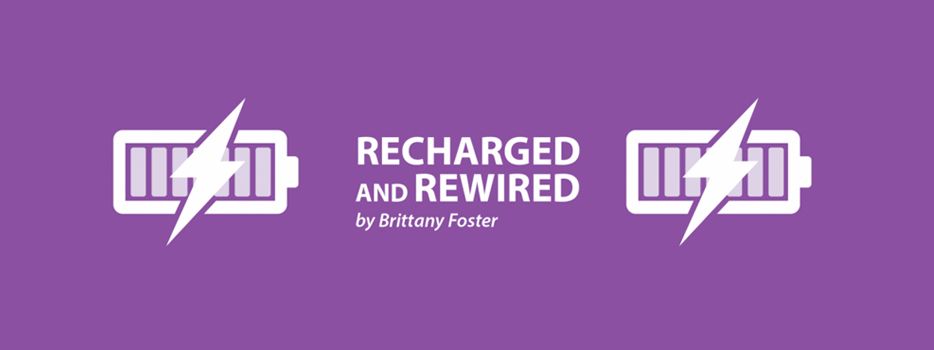Losing My Risk Means Losing My Choice
Written by |

I’m no stranger to the “high-risk” label. While living with congenital heart disease and pulmonary hypertension, I hear these words often.
In the past few years, the members of my medical team have mentioned my risk while deciding on the best surgical or treatment plan, weighing the pros and cons of a major surgery, and discussing other serious topics like infertility treatments and pregnancy options.
While I believe the classification of “high risk” has always been discussed in a negative light, I recently gained a newfound appreciation for the label, because where there is risk, there is choice.
Over the years, I have formed a trusting relationship with members of my medical team. I know they always have my best interest in mind. However, hearing how “high risk” I am has never been easy. These words have always reminded me of my underlying conditions.
They have made me pay attention to the fact that I am living with a serious lung and heart condition. Previously, I viewed this as my own fault, a flaw in my physical body. I believed my body was failing me. Being “at risk” forced me to answer the difficult question of whether it is worth the risk or not.
Recently, however, my views on being labeled “high risk” changed when one particular risk was completely taken away from me. For the last five years, I have gone back and forth in my mind about the risks of pregnancy. I have thought long and hard about what exactly I would be willing to put my body through.
My pulmonary team and medical providers all expressed concern about me carrying a baby in my uterus. I faced many difficult decisions while thinking about my own life and safety, as well as the life and safety of a child. Even with so much risk, the choice still felt like my own.
When I decided not to move forward with discussions about using my own body to deliver a baby, I then discussed the possibility of surrogacy. Before I had my ovaries removed two years ago, my infertility specialist brought up the option of egg retrieval and embryo freezing. I quickly learned that the hormones and procedures I would have for that to happen were too “high risk” for me.
Weighing all my options made me realize that I had to stop and think about my own life and safety, which is something I’ve never had to do before. I chose not to proceed.
Two weeks ago, I woke up from a surgery that has been physically and emotionally difficult to recover from. I had a complete hysterectomy, and my uterus was removed because of severe endometriosis and adhesions.
Following the surgery, I have been thinking about why it was so difficult for me to part with my uterus when my fallopian tubes and ovaries had already been removed years ago. Why was this affecting me so much if I always knew I could not conceive a child?
The last few days, I have realized that this has been emotionally difficult for me, in part because the risk is now completely gone. There are no “high-risk” discussions anymore about future pregnancies. Although I was labeled as “high risk” for so long, at least it gave me a choice to make, and the power to choose what is best for my physical health and my safety.
Losing this “risk” took away my voice in future decisions about pregnancy. I never thought I would miss my “high-risk” label, which once was a brutal reminder of my physical health. Now, I would do anything to get it back. I would do anything to be able to decide “is it worth the risk?”
Where there is risk, there is choice. I will no longer take that for granted.
***
Note: Pulmonary Hypertension News is strictly a news and information website about the disease. It does not provide medical advice, diagnosis, or treatment. This content is not intended to be a substitute for professional medical advice, diagnosis, or treatment. Always seek the advice of your physician or other qualified health provider with any questions you may have regarding a medical condition. Never disregard professional medical advice or delay in seeking it because of something you have read on this website. The opinions expressed in this column are not those of Pulmonary Hypertension News or its parent company, Bionews, and are intended to spark discussion about issues pertaining to pulmonary hypertension.




Jill Morton
An insightful piece, thank you. While I am sorry that your high risk choice is gone, I am grateful for the discussions PH patients who still struggle with this choice, will have with their medical teams.
Valerie
Brittany, I'm really sorry you had to go through this. It's very hard mentally. I totally agree with you. It is always better to have a choice than to have no choice at all. I just like you sometimes think about this idea and think "what if..." and then "no, you can't". But at least it gives you some kind of "pink dream", the feeling that you can control your own life.